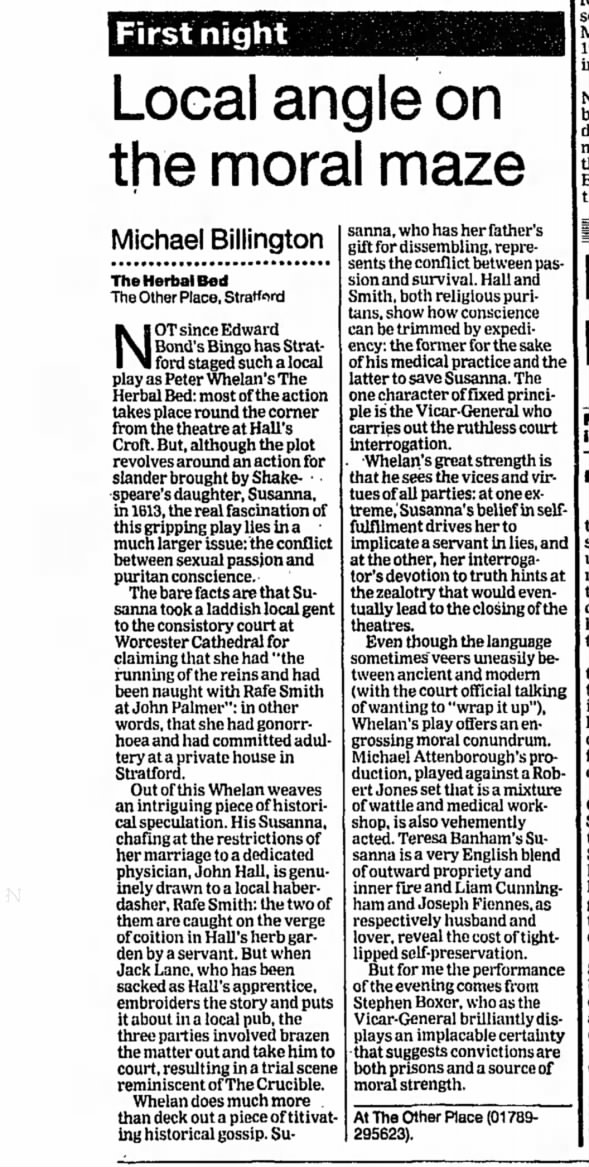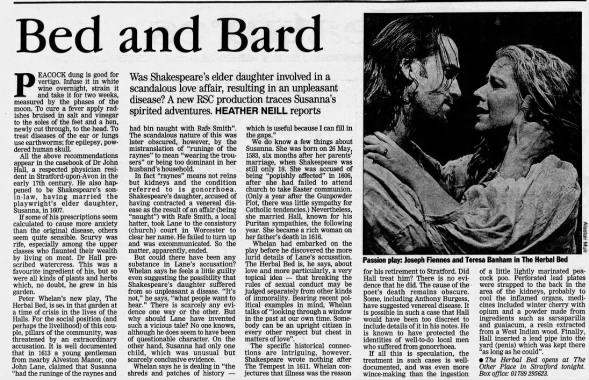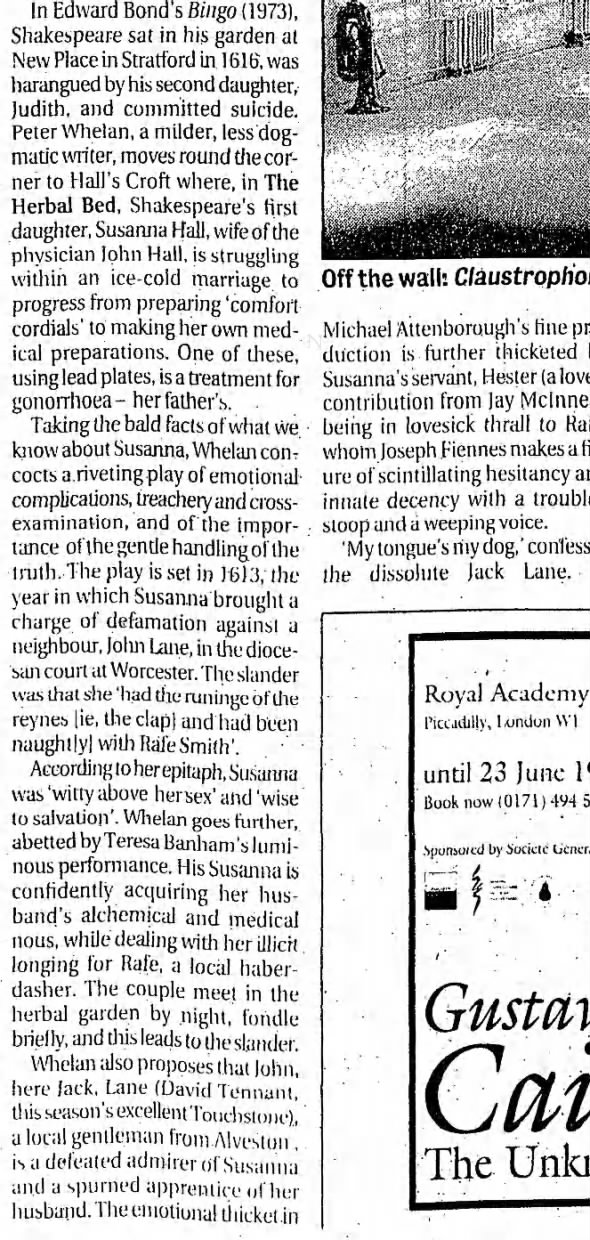A truly gripping and fascinating moral drama about a young musical prodigy from Hong Kong applying to an elite university in the USA.
Here is a link to the Hampstead resource on this play/production.
As the rubric infers, all is not as it seems in this play. Our assumptions and prejudices get tested to the limits, as do those of the characters.
Below is the trailer, with short interviews with the cast and creatives:
The young prodigy obsesses about some Bach, so I was tempted to headline this Ogblog article “Baroque And Enroll”, but Janie says that such a headline would be crass for such an emotive play.
It is certainly a very thought-provoking play and it is potentially a very moving production too.
We saw the second preview of this play/production, so it is possible that one or two of the wrinkles we observed will have been ironed out by the time it gets to press night.
The main wrinkle for us was the see-through screens that divide the stage from the audience. The purpose (if any) behind this device was unclear…as was some of the sound that emanated from the stage as a result of these clear screens. More importantly than the slightly muffled sound was the sense that we, as audience, were somewhat separated from the action. This is a highly emotive piece, yet the audience seemed strangely numb to it – I think the audience would far better be able to embrace and respond to this piece without the screens.
Another wrinkle, for me, was the complete absence of the particular piece of music that seemed so central in many ways to the story; the Mercy Aria – Erbarme Dich, from Bach’s St Matthew Passion.
While I imagine that the cast and crew didn’t want the play/production to be compared too readily with Death And The Maiden, the differences between the two plays are great and the similarities are there whether you use Erbarme Dich or not.
Erbarme Dich is described in so much detail, referred to so often and is so significant to the plot. Even if they simply played the violin part of Erbarme Dich right at the end of the play, I think it would have helped.
Even as seasoned Baroque-oholocs, Janie and I had to dig out Erbarme Dich and listen to it when we got home to remember exactly what the piece sounds like – most of the audience would have been even more in the dark.
Below is a beautiful rendition of Erbarme Dich:
I really thought Acceptance was a superb play – just the second play by Amy Ng, another new playwright to watch. The disturbing issues raised by this play are covered with a confident blend of subtlety, sensitivity and visceral moments.
The acting was truly excellent.
I would thoroughly recommend seeing this play/production even if the production team doesn’t make a few changes, but I sincerely hope that they will gauge audience reaction and make the few tweaks I think it needs to turn this production into an absolute stunner.
No reviews yet at the time of writing – this search term – click here – will find them when they come.








